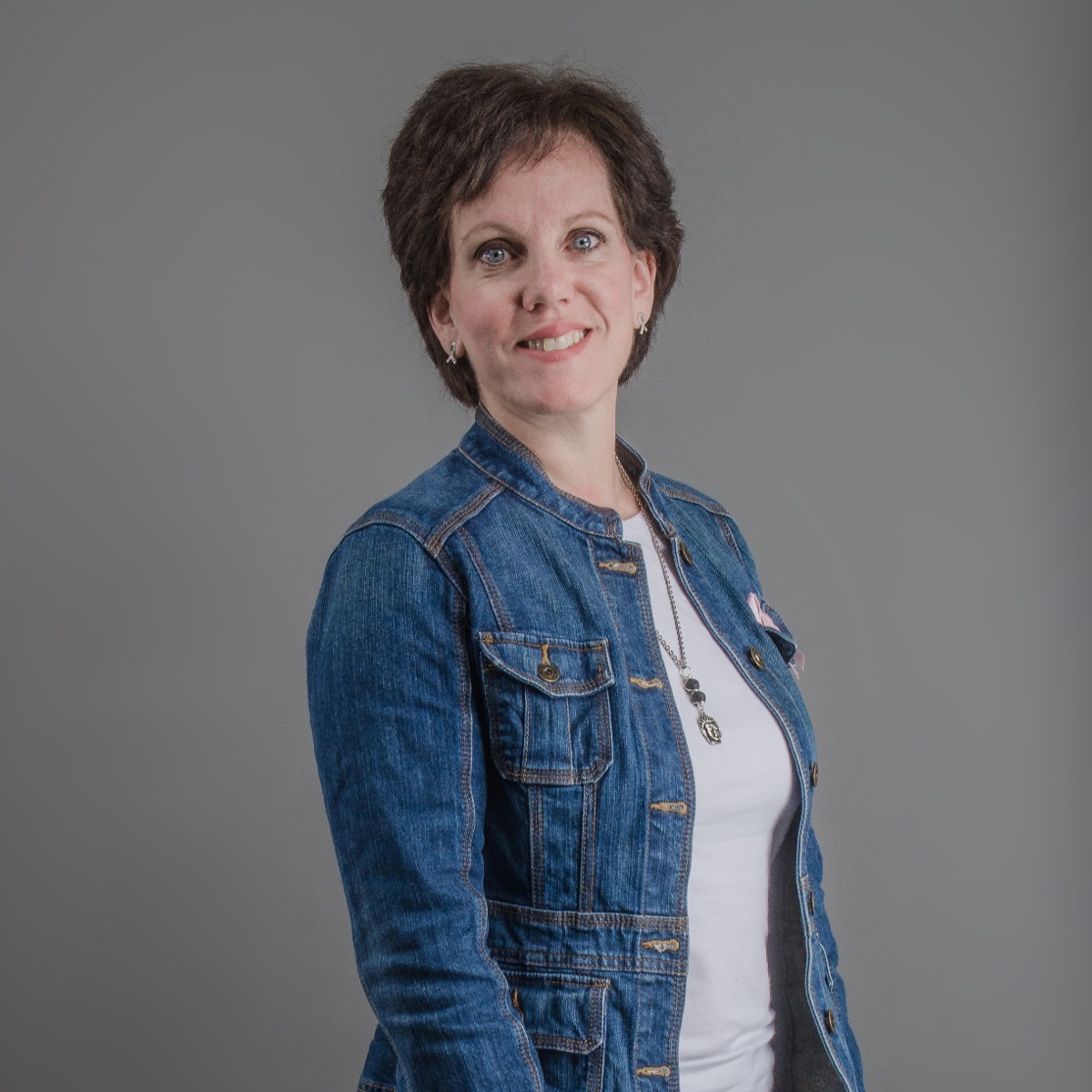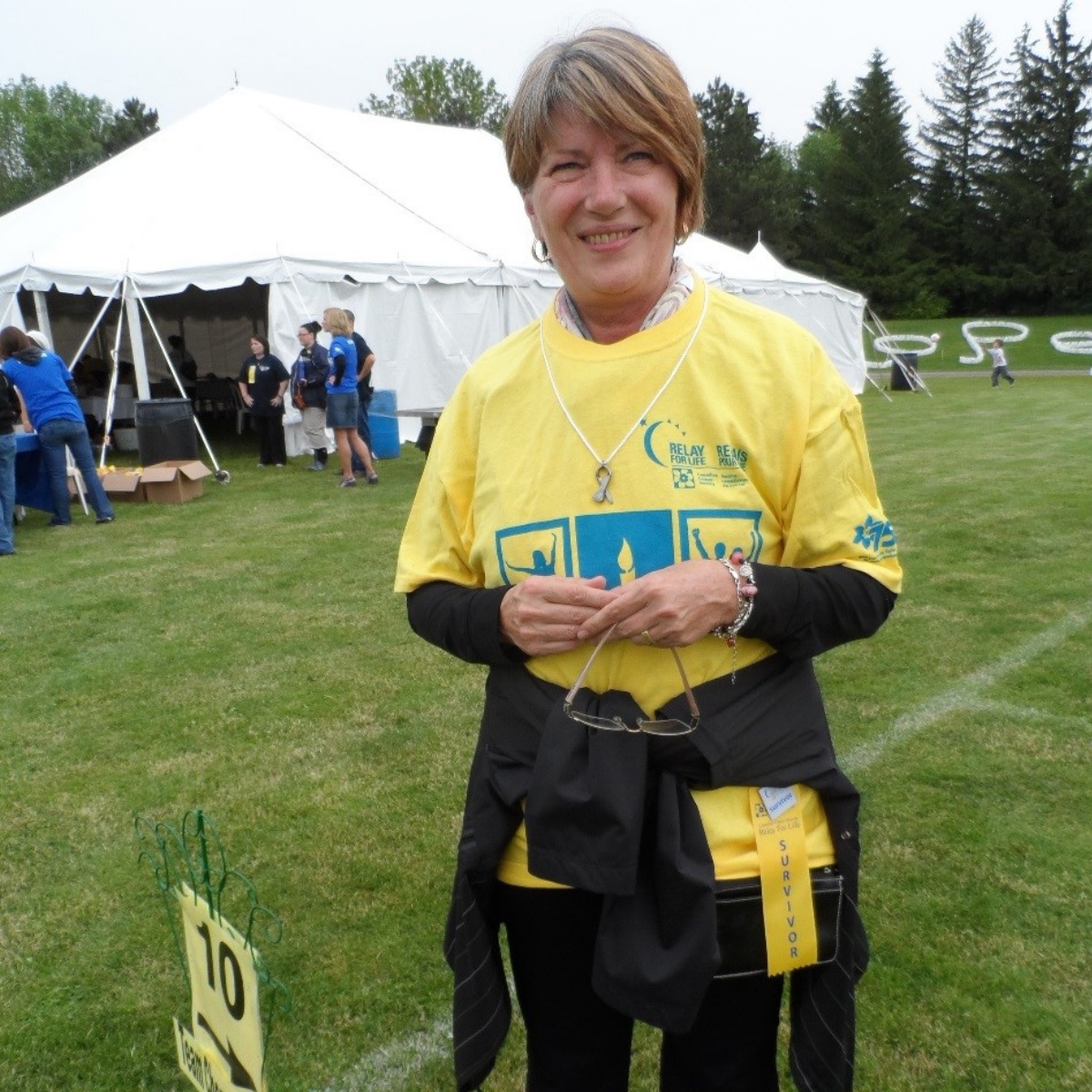If you’re a breast cancer patient who’s experiencing significant depression or anxiety, you’re not alone. Roughly one-quarter of breast cancer patients get help for anxiety or depression during their treatment. There are many reasons a person may feel anxious or depressed because of their cancer diagnosis. Ending your treatment or finding out that your treatment is not working can bring about stress and anxiety. Other cancer symptoms like pain, mouth sores or menopausal symptoms can add to these feelings of anxiety if you feel like you can’t change or alleviate them. Your cancer symptoms can also lead to feelings of depression. If you feel like you don’t have someone who understands or can listen to your fears these can have a significant toll on your mood and outlook on life.
The good news is that help is available. First let’s look at the difference between depression, anxiety, panic attacks and post-traumatic stress disorder (PTSD) so that you can better identify what you’re feeling. Then we will look at ways to address them.
Symptoms of clinical depression include at least two weeks of unusual sadness or diminished interest in everyday activities, as well as five of the following: changes in appetite or weight loss/gain; disruptions to your regular sleep patterns including fatigue or insomnia; feelings of extreme guilt, hopelessness, or worthlessness; not being able to concentrate or having trouble making decisions; and frequent thoughts of death or suicide beyond a fear of death.
Anxiety disorders can take several forms and are common after a cancer diagnosis. A person can develop generalized anxiety disorders, panic attacks or post-traumatic stress disorders. Symptoms of a generalized anxiety disorder include excessive worrying for at least 6 months and an inescapable sense of nervousness. Symptoms can also include: edginess or restlessness; fatigue; trouble concentrating; irritability, sore muscles, or insomnia.
Panic attacks are acute episodes of sudden and intense fear. They usually peak within 10 minutes and can include a pounding heart, sweating, nausea, shortness of breath, feeling dizzy, chest pain, and trembling. Having an isolated attack is not typically something to worry about but if you are experiencing regular panic attacks that are interfering with your daily life it is important to discuss them with your healthcare team.
Post-traumatic stress disorder (PTSD) is a disorder commonly associated with soldiers and war but there are many life-altering traumatic events that can bring on PTSD symptoms including a cancer diagnosis. Symptoms of PTSD can include flashbacks or intrusive thoughts and memories, feeling numb and detached, or experiencing sudden fits of anger.
While some sadness or anxiety is normal when you have breast cancer, it is important to get help immediately if you are experiencing severe depression or thoughts of suicide. If this is the case for you, ask your oncology team to refer you to the psychosocial oncology department or patient and family support service at your cancer centre. Here trained professionals are skilled at assisting people to receive the help they are seeking.
There are medications your doctor can prescribe that are designed to help mood disturbances caused by chemical imbalances in the brain. But there are many things you can do on your own to help alleviate your sadness, fear and anxiety.
Getting support from your family, friends or from fellow breast cancer patients and survivors not only allows you to talk about your feelings but it can show you that others are feeling the same way. Talking to support groups can help you find hope and new ways of coping with your feelings. Alternatively, keeping a journal can help you track your moods and give you the ability to release thoughts and feelings you are not comfortable sharing with others.
There are many relaxation exercises that can help improve your mood and reduce your feelings of anxiety and stress. A few common ways people cope with their anxiety and depression are:
- Yoga
- Meditation
- Massage
- Qigong
- Music or Art Therapy
You can find out more about these and other forms of relaxation therapies in our Complementary Therapies section.
Small changes to your lifestyle may also help to relieve symptoms of depression or anxiety. Eating well-balanced meals can help boost your energy and improve your mood. Alcohol and caffeine may trigger panic attacks or other episodes of anxiety so try to stick to water or juice. Daily exercise or physical activities like walking or mild aerobics can release endorphins. You may not feel up to exercising right away but the more you do it, the better you will feel. Plus, exercise can help you get a better night’s sleep and improve symptoms of fatigue during the day. Talk to your doctor first about what types of exercises are safe if you’ve had surgery or are still in treatment.
Finally, trying to tackle your other cancer related symptoms may help improve your mood or anxiety. If you’re feeling anxious or helpless because you can’t sleep or are sleeping too much, talk to your doctor about ways to improve your sleep patterns. If you are feeling pain, mouth sores, lymphedema, or neuropathy there are things you can do to help alleviate these symptoms. Talk to your doctor, visit online discussion groups and read blogs like ours to find ways to manage these symptoms. We’re doing a whole series on managing the side effects of cancer so check in on our blog often to find new ways to cope.
Finding ways of improving your quality of life may not always be easy but it’s worth it.









